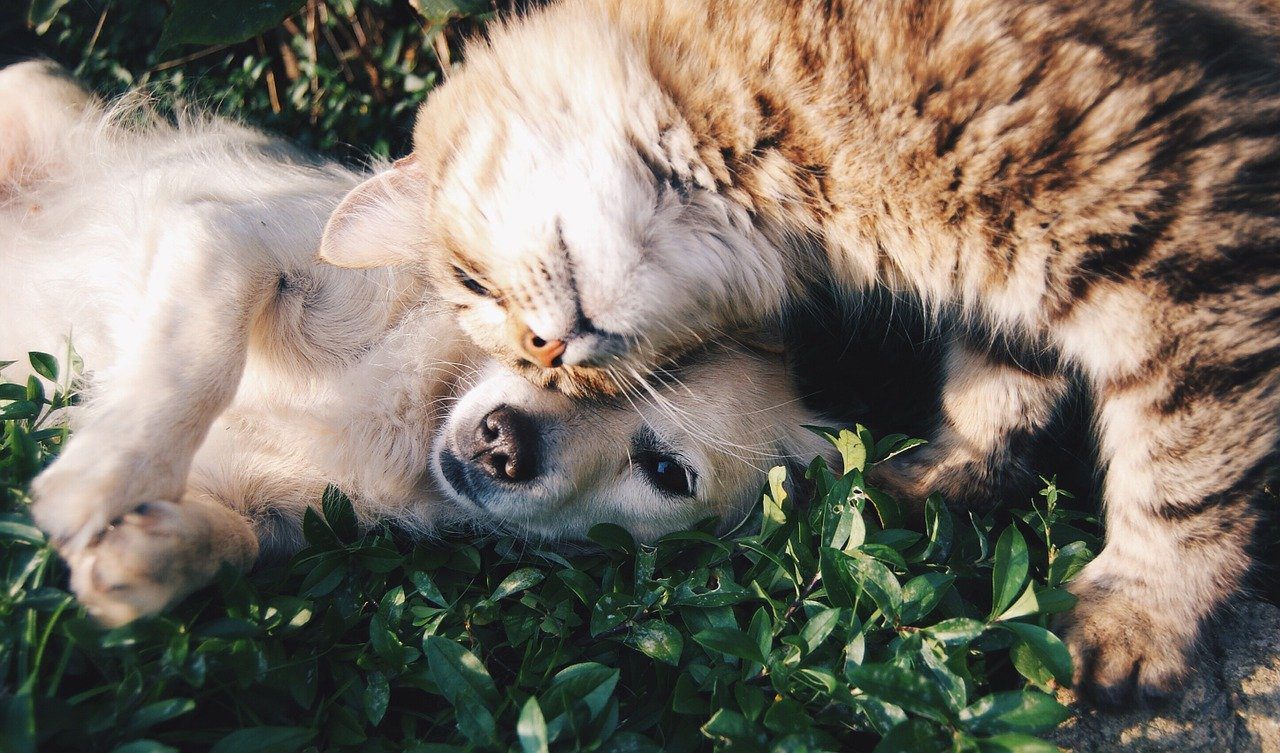Estate planning is primarily the process of setting up which beneficiary will inherit your assets. Your pets also count as your property, and you must ensure that they’ll go to a home that will make them a part of their family.
Sadly, pets end up in shelters when owners die or become unable to care for them. You cannot name your pets as beneficiaries, and giving them away to individuals, including a sum of money for their care, won’t legally oblige the person to keep them at all. Planning for the care of your pets will ensure their well-being.
Table of Contents
Set Up A Pet Trust
A pet trust is when you hold an agreement with a trustee that will temporarily keep the funds you set up for your pet and release the said funds upon your passing. It can be tricky because your pet or pets are not in the position to hold their beneficiary or caretakers’ end of the legal bargain. It would be wise to appoint a primary and a secondary individual that you trust who will oversee your pet’s welfare. In case that the primary becomes incapable of caring for them, the secondary trustee will take over.
In the case of pets that may outlive the period of specific non-charitable trusts, it’s better to place them under perpetual private trusts. Animals such as horses, cats, and other creatures that can live past 21 years may no longer be eligible for protection.
Find A Trusted Caretaker

The basic truth is that you can’t expect everyone you know to have the same concern you show to your pets. Taking care of animals is not to be taken lightly, as laws are placed around for their protection. But those laws can’t reach your pets if they’re not under the care of someone you trust.
Before reaching out to any outsiders, search among your immediate family members and relatives first. Have an honest conversation with them if any are willing to take in your pets. It’s preferable to leave your animals with someone who has experience in a cat’s or dog’s basic needs. They should make time to ensure that they eat right, kept clean, prioritize vet visits, arrange play dates, and more.
Select An Organization
If you have no other family members willing to take in your pets, you may include a rescue shelter that will take good care of your animals and find them a suitable and loving home. You may also consider entering them at a local pet foster program.
There are Human Society shelters that will agree to help search for suitable individuals who will care for your pets when you pass away. You can arrange for it and place the agreement in your will. Reputable shelters honor the former pet owner’s wishes, and they’ll take the pet back if issues arise with the new owners or the pets themselves.

Enduring Power Of Attorney
In cases when a pet owner wishes to provide for a pet or pets when owners become incapacitated, a will is not enough to hold power and ensure that your wishes are carried out. The funds you set up for your pet will end up as residuary estate.
If you had set up insurance for your pet, you must also inform your trustee and attorney. Funding for animals is not an absurdity, even for the middle class. Pet insurance helps you or those around you prepare for pet emergencies that require diagnostics, treatment, and preventative care. You can relay instructions to your attorney on how pet insurance works.
To keep the trust solely for the benefit of your pet, it’s better to seek a professional such as a professional. An enduring power of attorney enables your trusted lawyer to manage your assets, including your pets. They’ll know about the necessary forms or documents, as well as applicable laws regarding pets.
Prepare For The Unexpected
Nobody can precisely predict your demise, even if you’re sick. To ensure that your pets are cared for from the moment something happens to you, you’ll need to make these preparations:
- Appoint at least two trusted family members or friends as temporary caregivers to your pets.
- Provide your caregivers the following information: how many pets you have, names and medical concerns for each, if any.
- Carry a list of the names and contact details of temporary caregivers.
- Carry your vet’s business card in your wallet, preferably with the list of your caregivers.
- In case of emergencies such as fires, accidents, and crime-related events in your home, post emergency notices on a refrigerator door or on a corkboard where authorities can easily see them.
- Include names and numbers of family members or caregivers that the authorities can contact at once. Your pets mustn’t be forgotten amid the confusion on your well-being.
Create Your Pet’s Living Will

If you can write a living will containing your wishes about the healthcare you want to receive when you become incapacitated, you can definitely write one for your pet. It’s beneficial for pets with existing health problems, which is why even the owner’s closest family members won’t take in the animals. While you can leave behind funding for your pets’ care, you must also include clear and specific directives regarding your pet’s health and care.
Animals such as cats and dogs also suffer from ailments like cancer, obesity, tumors, arthritis, and sexually-transmitted diseases, to name a few. In this case, you would want to entrust the care to your pet’s veterinarian. Such instructions may include the following examples:
- Placement of breathing apparatus (ventilator or respirator)
- Place feeding tube if necessary (intubated)
- If you want CPR performed on your pet, or if you’d allow the use of life-saving equipment
- If you’d allow animal health professionals to use specific drugs on your animals that will save their lives
- If you’d allow amputation, surgery, or similar procedures
- If you wish to have your pet cremated or buried upon death
In Conclusion
If you consider your pets a part of your family, you’d know what’s best for their emotional and physical well-being. Pets provide unconditional love, and sometimes even more so than your fellow humans. By giving specific instructions on what you want for your pet, your trustee or your probate lawyer will be able to fulfill your desires.
Featured




